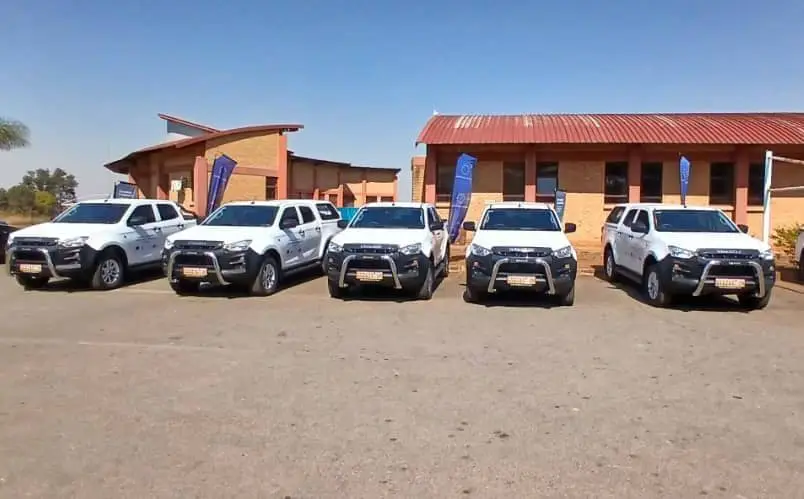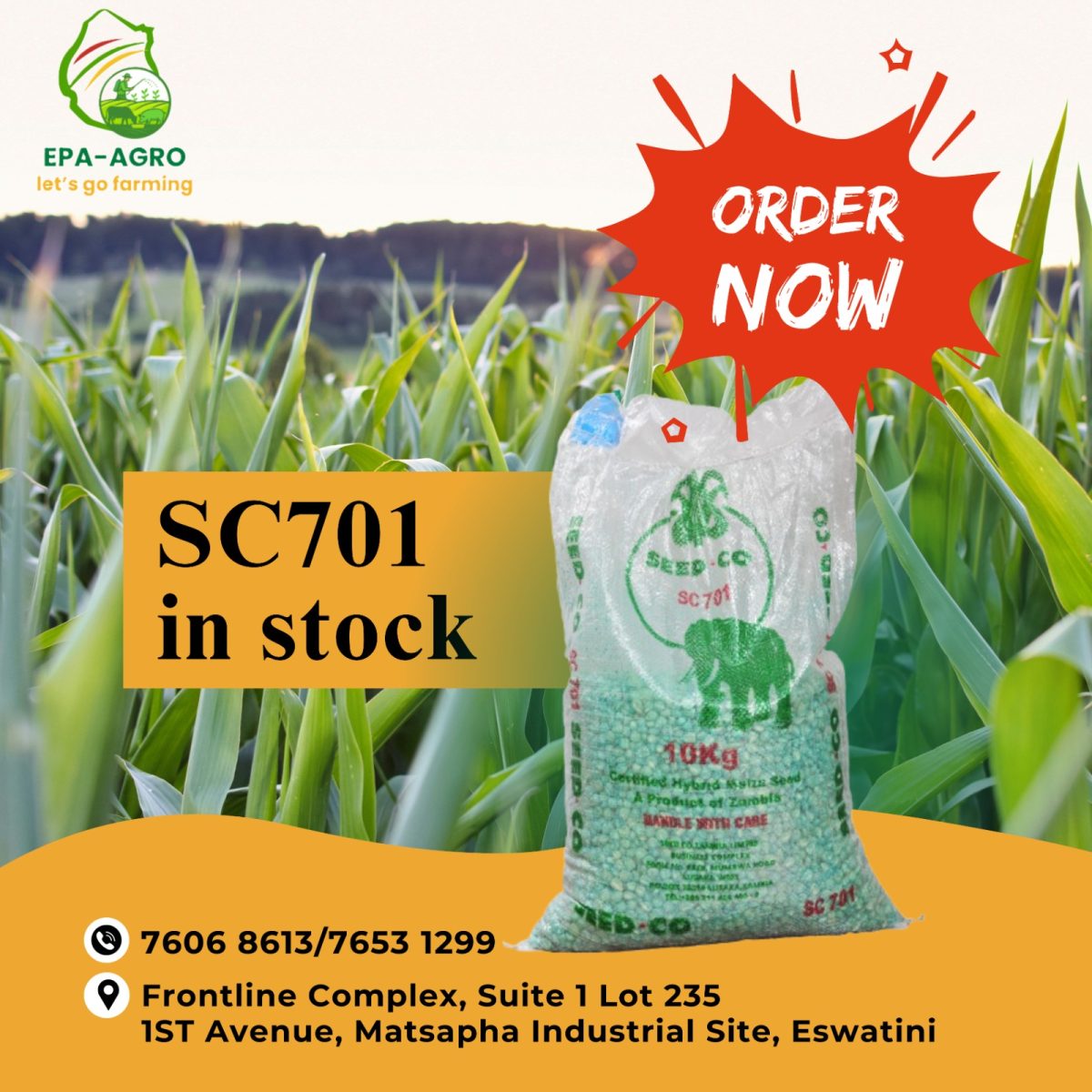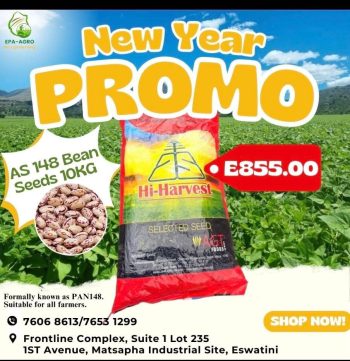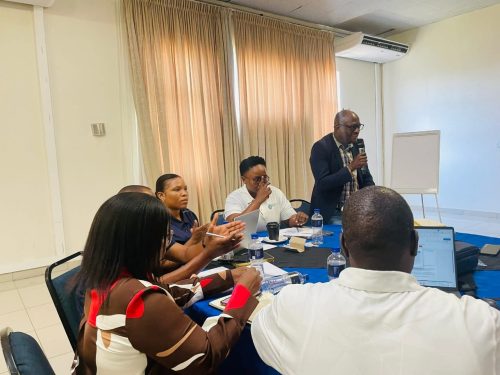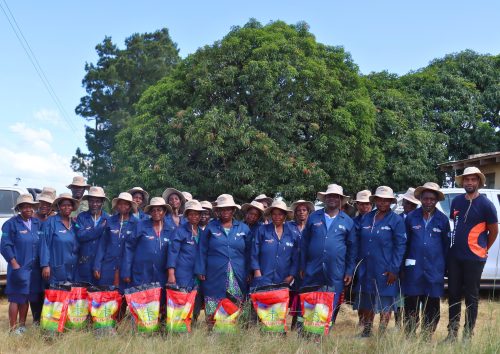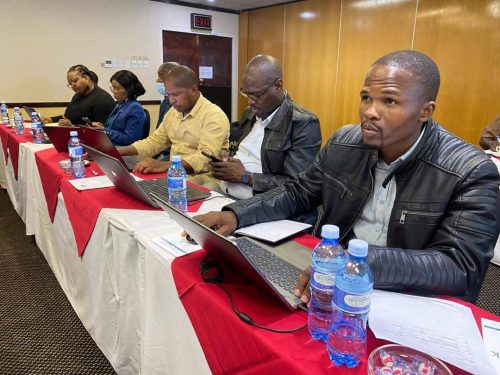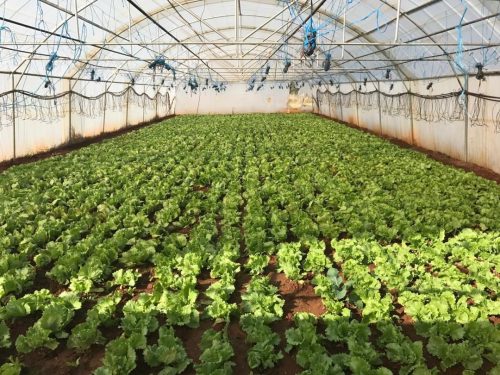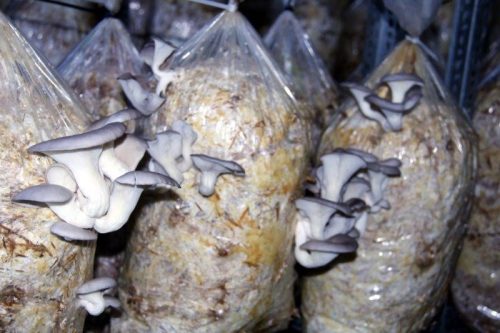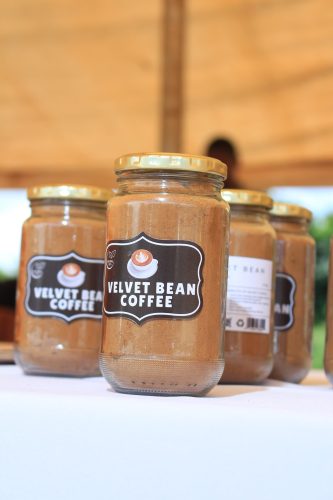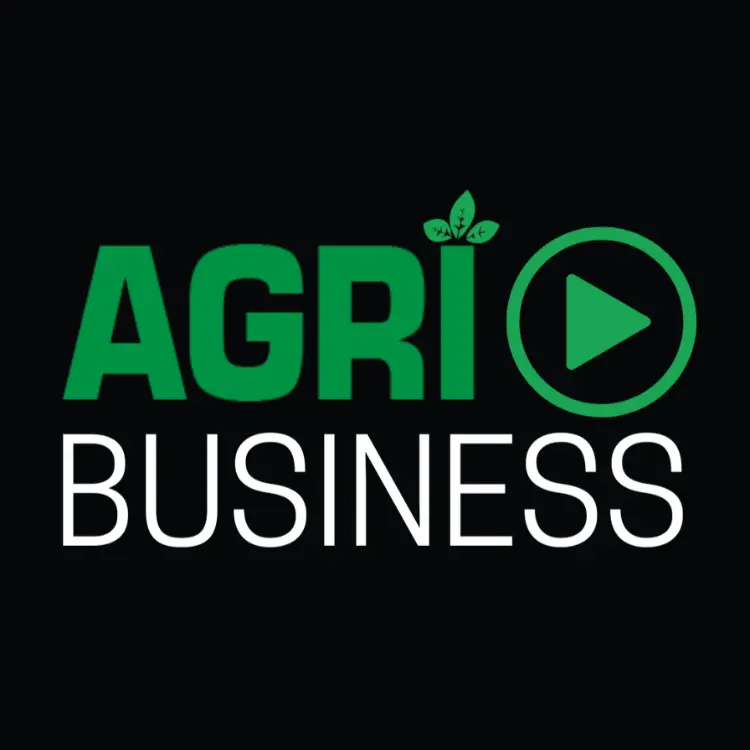By: Sikhona Sibandze
Manzini – The European Union has donated five new Isuzu 4×4 vehicles worth over E3.5 million to Eswatini’s Ministry of Agriculture to strengthen veterinary and extension services under the Eswatini Livestock Value Chain Development Programme. The official handover took place today at the Manzini Veterinary Station, marking a major step in improving service delivery to rural farmers and boosting the country’s livestock sector.
Bringing Services Closer to Farmers
For livestock farmers in hard-to-reach areas of Eswatini, accessing veterinary services and technical expertise has long been a challenge. Rough terrain and long distances have often stood between farmers and the critical support they need to raise healthy, resilient herds. These newly acquired vehicles aim to bridge that divide.
“They represent more than logistical support, they are an investment in impact,” said EU Ambassador, His Excellency Karsten Mecklenburg. “We trust that these vehicles will be used strategically and responsibly to enhance service delivery, coordination, and visibility of project activities.”
The Ministry of Agriculture shares this vision. Minister Mandla Tshawuka noted that the vehicles will significantly boost field operations by enabling extension officers to reach underserved farming communities. “This, in turn, will enhance the livelihoods of Emaswati,” he said.
A Broader Vision for Livestock Development
The handover is part of the Eswatini Livestock Value Chain Development Programme (ELVCDP), a flagship initiative funded by the EU and implemented in partnership with the International Trade Centre (ITC). The programme takes a holistic approach to livestock development, addressing key areas such as animal nutrition, genetics, disease prevention, fodder production, and market access.
Earlier this year, the programme delivered hay baling equipment worth over E3.1 million, which has already produced more than 690 hay bales, valued at E276,000. This support has been vital during dry spells, helping farmers maintain livestock productivity despite climate-related challenges.
In addition, the programme is empowering local entrepreneurs. Tools and machinery worth E127,000 have been provided to leather crafters and artisans, enabling 27 Micro, Small, and Medium Enterprises (MSMEs) to begin producing leather goods. These interventions are not only diversifying incomes but also building skills and adding value within the local livestock economy.
A Shield Against Disease and a Gateway to Global Markets
The new vehicles will also strengthen Eswatini’s response to animal disease outbreaks such as the recent case of Foot and Mouth Disease (FMD) in the Shiselweni region. Quick and coordinated responses are essential, not only to protect animal health but also to safeguard the country’s standing in international markets.
Eswatini is one of the few African countries that exports beef to the European Union, a position made possible by its commitment to quality assurance, animal traceability, and health standards. In 2023 alone, Eswatini exported approximately 1,200 metric tonnes of beef to the EU under the Economic Partnership Agreement (EPA), generating over E100 million in export revenue. This access is vital for economic resilience, rural income, and smallholder empowerment.
“The disease threatens not only markets and sales, but also the livelihood means for thousands of Emaswati,” said Ambassador Mecklenburg. “These vehicles will contribute to preventing such losses and supporting long-term sustainability.”
From Partnership to Progress
The handover ceremony marked a renewed commitment to collaboration between Eswatini and the European Union. It was a moment of shared purpose and a testament to what strategic partnerships can achieve when aligned with national priorities.
As the vehicles begin their work on the ground, their value will be seen not just in the kilometers traveled, but in every herd protected, every artisan empowered, and every community strengthened. For Eswatini’s livestock sector and for the many families who depend on it, this is a journey of progress on wheels.
